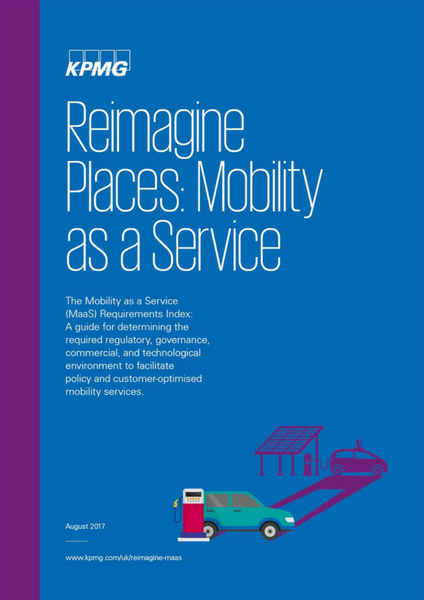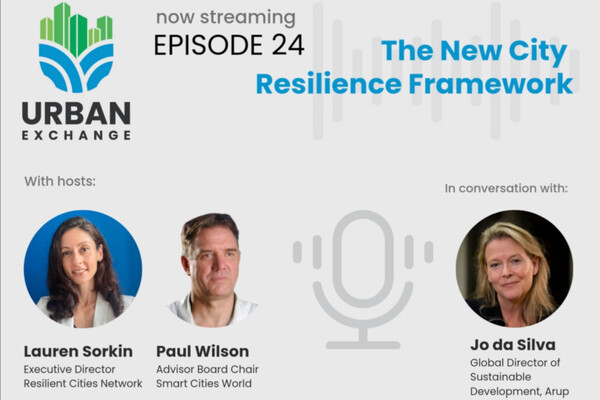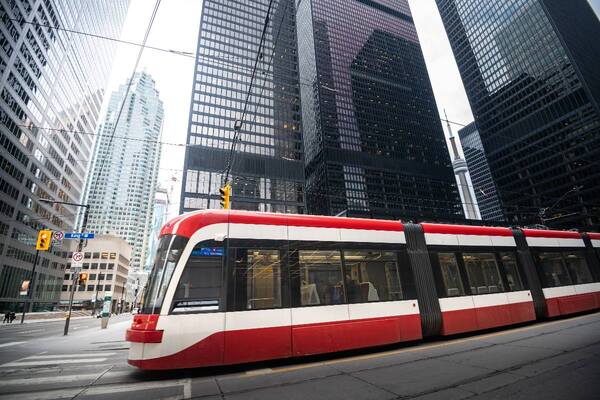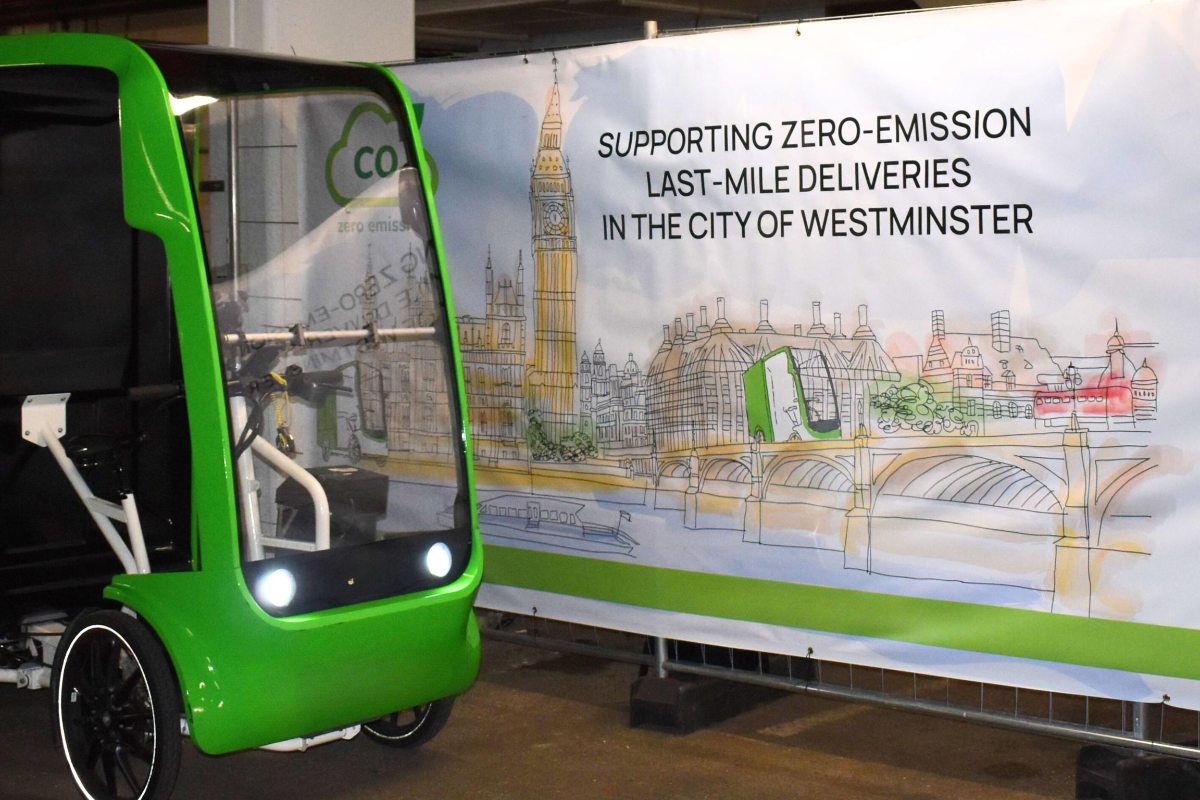Special Reports
SusHi Tech Tokyo 2024: experience ‘Tokyo 2050’ todaySponsored by The SusHi Tech Tokyo 2024 Showcase Program Executive Committee
Reimagine places: Mobility as a Service
Imagine a world where travellers move seamlessly from place to place. Where they stipulate their journey and travel preferences on an app, computer or kiosk, and are presented with journey choices, according to their preferences, which fully integrate public and private transport modes. Where payment happens automatically, using a processing method of their choice. Where the transition from one mode of transport to another is straightforward, perfectly timed and effortless. Where congestion is minimised, air quality improved, and passenger comfort enhanced. And where there’s plenty of on-demand travel options, and users have ready access to real-time journey information and an integrated journey planning platform.

Such a world is now the stuff of reality. Travel can be this straightforward, and the building blocks are appearing in cities such as Vienna and Helsinki. With the right technology and modal blend, it’s possible to create a travel ecosystem that significantly enhances the user experience and achieves key policy objectives, including economic growth.
Local and regional transport authorities face increasing disruption and challenge from demand-responsive private sector services, electric and autonomous vehicles, and integrated multi-modal journey planning and payment solutions.
KPMG use a MaaS Requirements Index which provides a mechanism by which transport and local authorities, operators and other mobility services providers can understand the regulatory, commercial, governance and technology operating models that will be required to deliver strategic objectives for local and regional transport.
The new paradigm is known as Mobility as a Service (MaaS). Like other aspects of the digital revolution, it uses the latest technology to empower consumers in making their own choices. At its most developed, every public and private transport option is presented in a single app, handling payment and bookings through the same platform and providing dynamic route-planning information to users.
While this paper is predominantly focused on helping transport and local authorities to determine their future MaaS strategy, KPMG believe that, through collaboration between authorities, operators and mobility service providers, the Requirements Index (which is outlined in the paper) will be a universally helpful tool.
If you are involved in the following areas, then this report would provide a useful insight into how smart infrastructure can start to work for cities across the world.
• Local & Regional Authorities
• Government Agencies
• Sensor Manufacturers
• Building Management Systems
• Energy Suppliers
• Town Planners
• Emergency Services
• Platform Providers
• Transport Providers
• Teleco Operators, Providers and Manufacturers
• HR Specialists
Download this White Paper from KPMG in the SmartCitiesWorld resource area. If you are not already a member, it’s free and takes just 30 second to register.

















